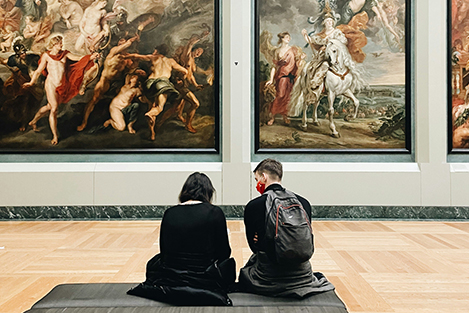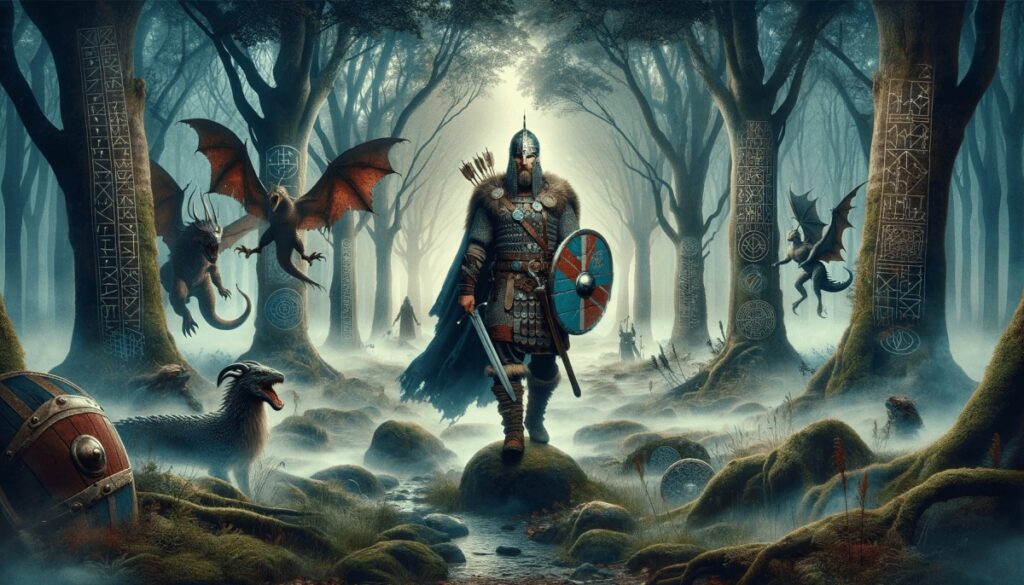
In a world that often feels like it’s moving too fast, where technology and convenience sometimes push us to forget the basics, two virtues stand the test of time—honor and loyalty. These principles aren’t just words in a dusty dictionary; they are vital elements of a well-lived life. If we’re being honest, they can make the difference between just existing and truly living with purpose.
If you’ve read Antillus Stone, you’ll recognize how deeply these two qualities permeate the story. The characters in the book are not just battling external forces; they are also grappling with personal challenges related to honor and loyalty. These timeless virtues are what drive the choices they make, shape their relationships, and ultimately define the path they take in their quest for the truth.
What Exactly Are Honor and Loyalty?
Before diving into why these qualities matter, let’s take a moment to define them. Honor, in simple terms, is a commitment to living with integrity, being truthful, and keeping your word, no matter the situation. It’s about living up to your personal values, even when it’s inconvenient.
Loyalty, on the other hand, is the unwavering support you give to the people, causes, and principles that matter to you. It’s about showing up when it counts, being reliable, and staying true, even when the going gets tough.
In Antillus Stone, the characters’ honor and loyalty are often tested in ways that readers can relate to. Whether it’s standing by a friend in the face of danger, or remaining true to a cause despite tremendous adversity, these virtues are at the heart of the story.
Honor and Loyalty: The Backbone of Trust
Trust is the foundation of any relationship—whether it’s with a friend, a family member, a partner, or even in business. Without trust, it’s hard to build anything meaningful. In Antillus Stone, the characters quickly realize that trust isn’t just about words, but about actions that reveal true character.
For example, in the relationship between the protagonist and their closest allies, honor and loyalty are tested repeatedly. These characters must navigate complex moral decisions, where staying loyal to their friends and adhering to their personal code of honor can mean life or death. The stakes are high, but their unwavering commitment to these virtues leads them through the darkest moments.
Honor and Loyalty in the Modern World: Why They Matter More Than Ever
In today’s world, where social media likes, instant gratification, and digital relationships sometimes overshadow deeper connections, honor and loyalty can feel a bit out of place. It’s easy to get distracted by the next big thing or the person who seems to be offering more.
But here’s the thing: True honor and loyalty often don’t come with flashy rewards or instant feedback. They take time, and they require you to sometimes do the right thing even when no one is watching. And guess what? They’re worth it. Because when you show up with honor, and you stay loyal to your values and the people around you, you create a life of real, lasting meaning.
Much like the characters in Antillus Stone, we too live in a world where loyalty and honor aren’t always easy to uphold. Yet, it is precisely in the toughest situations—when everything seems uncertain—that these virtues shine brightest. Whether you’re faced with betrayal or forced to make difficult choices, loyalty to your core values and honor in your actions are what can guide you through.
Honor and Loyalty in Action: Real-Life Examples
Let’s bring this concept down to the ground with some real-life examples, inspired by Antillus Stone.
Take, for instance, the journey of Jake Stone as he fights to uncover the truth, they must rely on their sense of honor and loyalty to guide them, even when faced with deceit and moral ambiguity. The characters around them display loyalty in different forms, whether it’s sticking with each other through impossible situations or making sacrifices for the greater good.
In the same way, in our daily lives, we encounter moments where our loyalty to friends, family, or even our personal principles is tested. Will we stay loyal when things get tough? Will we maintain our honor when it would be easier to turn a blind eye? Like the characters in Antillus Stone, we have the chance to choose integrity over convenience, loyalty over betrayal.
How to Cultivate Honor and Loyalty in Your Life
Now that we know why honor and loyalty matter, let’s talk about how you can integrate them into your everyday life. Here are a few ways to start, inspired by lessons from Antillus Stone:
-
Lead by Example – Just like the heroes in Antillus Stone show us, living by your values and leading with integrity influences everyone around you. Show others the importance of honor and loyalty in your actions. This can be as simple as keeping promises or being there when someone needs you most.
-
Practice Empathy – Honor and loyalty aren’t just about being right; they’re about understanding others and being there for them. Like the characters who support each other through their toughest trials, make sure your actions reflect a commitment to the people around you.
-
Be Consistent – Honor and loyalty aren’t just for the big moments. Be reliable and dependable in the small things, too. Whether it’s showing up on time for a meeting, or offering a supportive word to a friend, consistency is key to living honorably.
-
Stay True to Your Word – Honor means keeping your promises, even when it’s difficult or inconvenient. If you say you’re going to do something, follow through. In Antillus Stone, keeping one’s word can mean the difference between success and failure, life and death. It’s just as critical in real life.
Wrapping Up: The Lasting Impact of Honor and Loyalty
When you choose to live with honor and loyalty, you’re not just enhancing your personal life—you’re creating a ripple effect that can transform your relationships, your community, and the world around you. Just like the characters in Antillus Stone, who face immense challenges but stay true to their values, you too can make decisions that resonate far beyond the moment.
At the end of the day, honor and loyalty aren’t just qualities you hold onto for yourself—they’re gifts you give to others. When you make them a part of your daily life, you’ll find that not only will you feel more connected to the people around you, but you’ll also experience a deeper sense of purpose and fulfillment.
So, let’s bring honor and loyalty back into our lives, not just as abstract ideas but as practices we live by. After all, the most enduring legacies aren’t the ones built on fame or fortune—they’re the ones built on honor and loyalty. Antillus Stone reminds us that the true value of these virtues extends far beyond the pages of a book—they are the foundation of a life well-lived.







